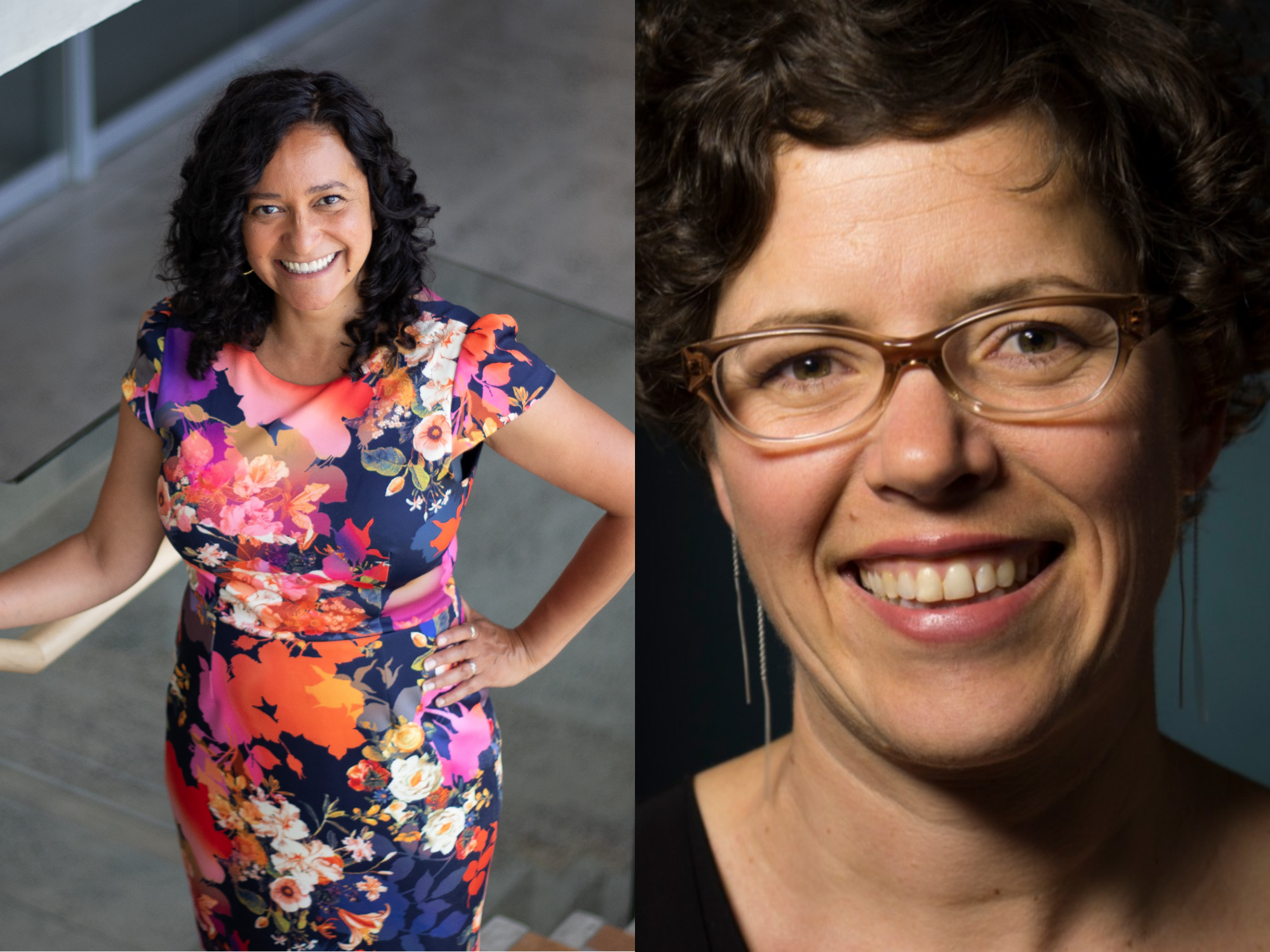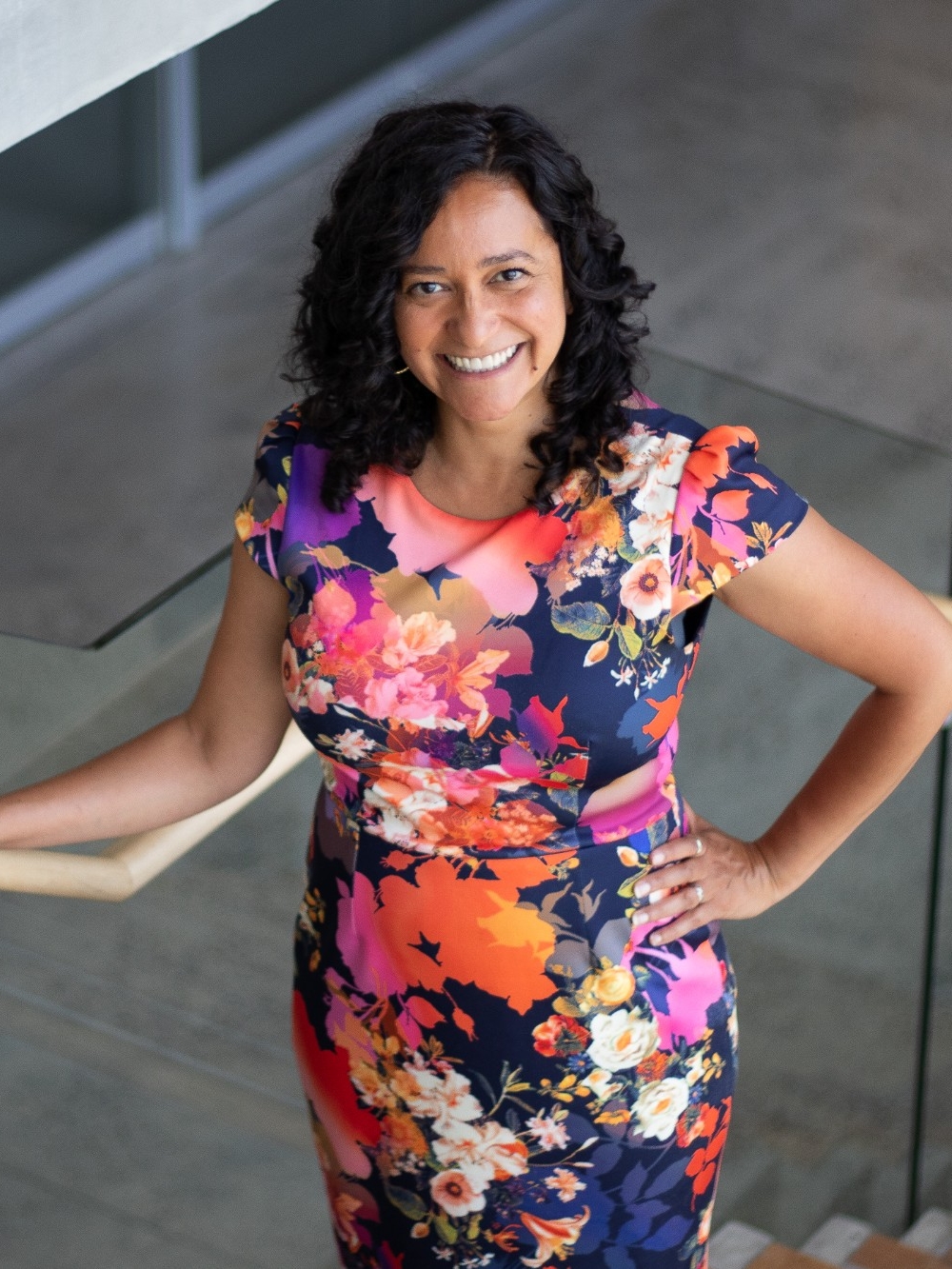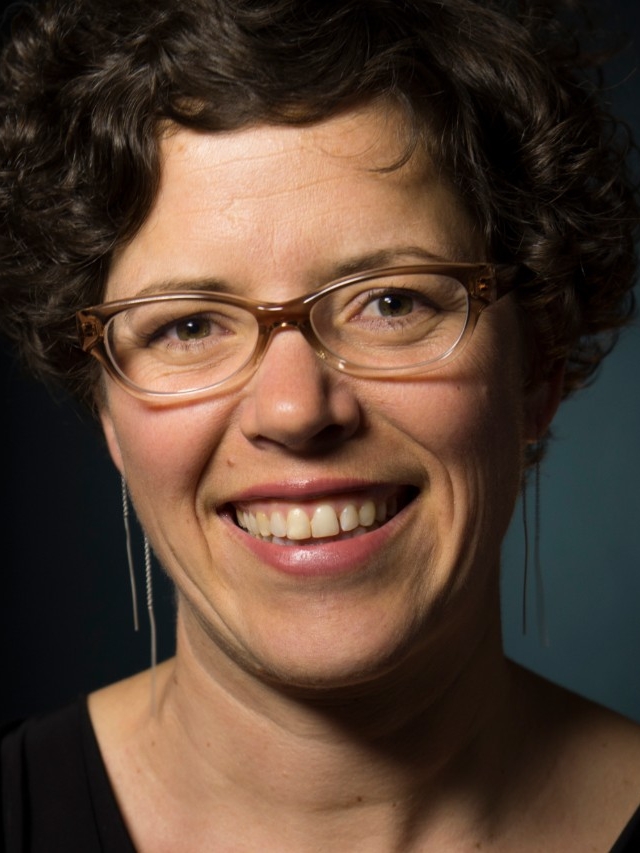A leader in global health epidemiology, Kaida uses her exemplary community based research and masterful knowledge translation strategies to confront health inequities and transform health research practice and services for women affected by HIV in Canada and HIV endemic countries. She is a Canada Research Chair Tier II in Global Perspectives in HIV and Sexual and Reproductive Health.
Recently, Kaida has worked on the Canadian HIV women’s sexual and reproductive health cohort study (CHIWOS), the first national study embracing a community based research model focused on women living with HIV that is by, with, and for women living with HIV. The CHIWOS study not only helped develop more research on HIV in women and priorities in sexual and reproductive health, but it helped transform the research environment in Canada towards a Peer Research Associate model across the four pillars of health research. Further to this work, she worked on the CARMA-CHIWOS collaboration (BCC3) study, which extended her CHIWOS research model into research questions that focus on healthy aging for women living with HIV, integrating biomedical, clinical, and social epidemiology approaches.
A point of fascination is how her research is shaped by socio-structural environments and political decision making. Her research findings reveal that HIV itself and the clinical features of the virus play a smaller starring role in influencing sexual and reproductive health compared with other social determinants of health.
“In our research, factors such as HIV related stigma, the experiences of poverty, isolation, racism, sexism, HIV criminalization, gender-based violence, and other features of women’s lives, have a profound influence on shaping women's health outcomes. In this era of very effective treatment for HIV, these factors shape women's experience of reproductive health in ways far beyond the virus itself,” Kaida explains. “It’s a profoundly important line of inquiry in research because it changes who the key actors for change are, in terms of who needs to be at the table to advance sexual reproductive health and rights among women living with HIV.”
Kaida credits her work and research interest to many who helped her along the way, including FHS professor and RSC fellow Robert Hogg who introduced her to HIV research. She further credits her work in the HIV field to strong partnerships and research mentors in South Africa, Uganda, the USA, and across Canada. She also credits the expertise and contributions of Peer Research Associates (who are women living with HIV with research training), Elders and trainees.
“The teachings from the incredible community of women living with HIV across Canada have been absolutely essential in my own growth as a scholar, and pushing the boundaries of what questions we need to answer, and how,” she explains. “The brilliant trainees, as well, that are part of our research program have pushed me to embrace new questions and research approaches, and influenced where we should be going in this field, to places I could not have done on my own.”
For Kaida, the RSC honour is not only an incredible privilege, but an appreciation of the community based research approach being recognized.
“The field of community based HIV research scholarship has much to offer other disciplines. This is an exciting opportunity for the people and community we work with to meet other scholars, share ideas, share learning across disciplines and methodologies, and expand the sphere of influence.”




